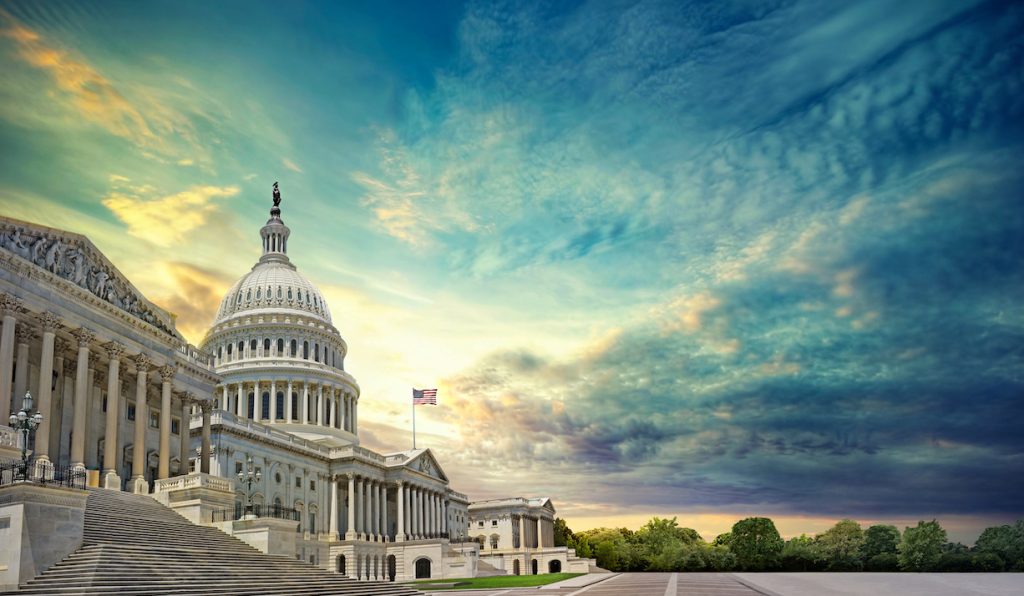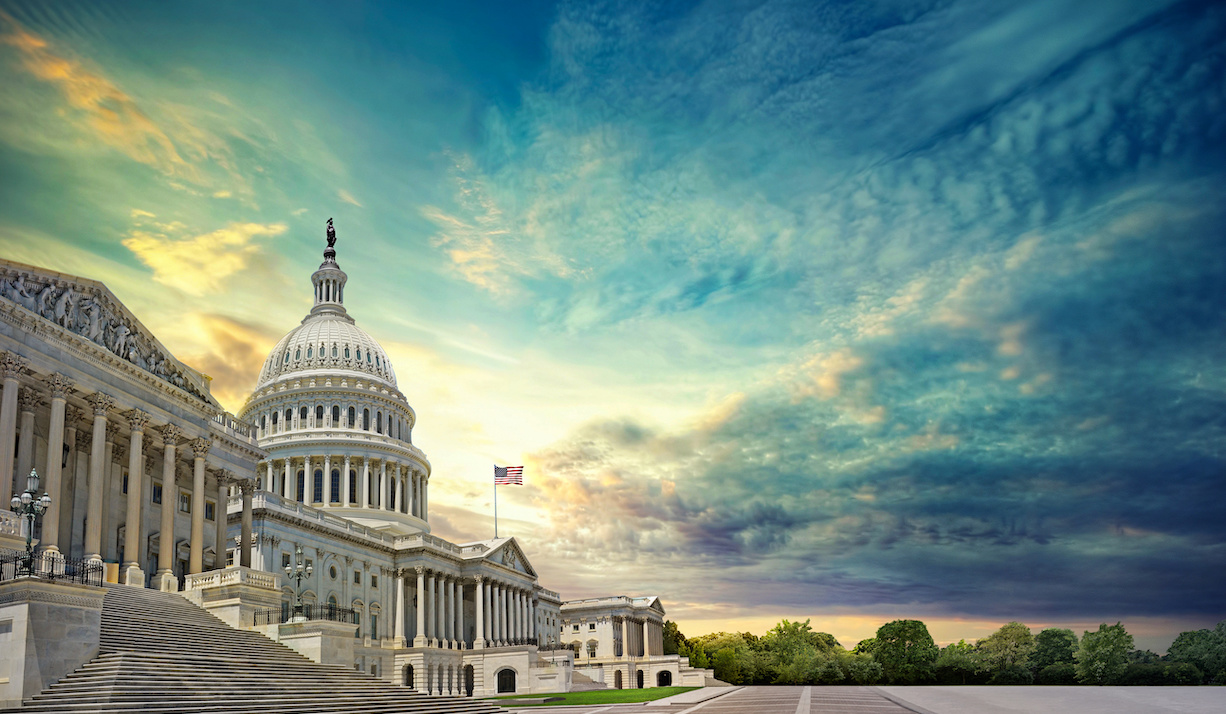
Following input from its Democratic members, the Republican-led House Financial Services Committee abandoned a revised version of its stablecoin bill.
The bill, which is currently only a discussion draft, would give state regulators the authority to oversee stablecoin issuers and regulate payment stablecoins in particular. Federal regulators would play a major role in this process by establishing capital and liquidity requirements.
A committee spokesperson said that additional sections, such as the study on endogenously collateralized stablecoins and the treatment of customer assets by companies offering custodial services, have been added to the revised version in response to feedback.
Any digital asset “in which its originator has represented will be converted, redeemed, or repurchased for a fixed amount of monetary value; and that solely depends on the value of another digital asset created or maintained by the same originator to maintain the fixed price” is classified as an endogenously collateralized stablecoin under the bill.
On June 13, the House Financial Services Committee will hold a hearing with the topic “The Future of Digital Assets: Providing Clarity for the Digital Asset Ecosystem,” during which the draft will be discussed.
A divide on how to regulate stablecoins
After a few hiccups over the past year between Republicans and Democrats in that committee in the House, the updated version was released.
During a House Financial Services committee meeting last month, opinions on stablecoin regulation appeared to be split between both.
Last year, Chair Patrick McHenry, R-N.C., and former Chairwoman Maxine Waters, D-Calif., collaborated on a bill; however, two bills appeared prior to that hearing.
In a tweet last month, House Democrats claimed that their Republican counterparts had abandoned stablecoin talks prior to the elections and attacked the bill, claiming it would erode consumer protections and Federal Reserve supervision.
The truth is, Republicans walked away from bipartisan stablecoin negotiations right before the election. Now, they’ve posted a harmful bill that will:
— U.S. House Committee on Financial Services (@FSCDems) May 18, 2023
❌ strip D&I requirements
❌ weaken customer protections & oversight by the Fed
❌ give GIGANTIC private co's like @facebook the… pic.twitter.com/IRfPlYRXAQ















1 Comment